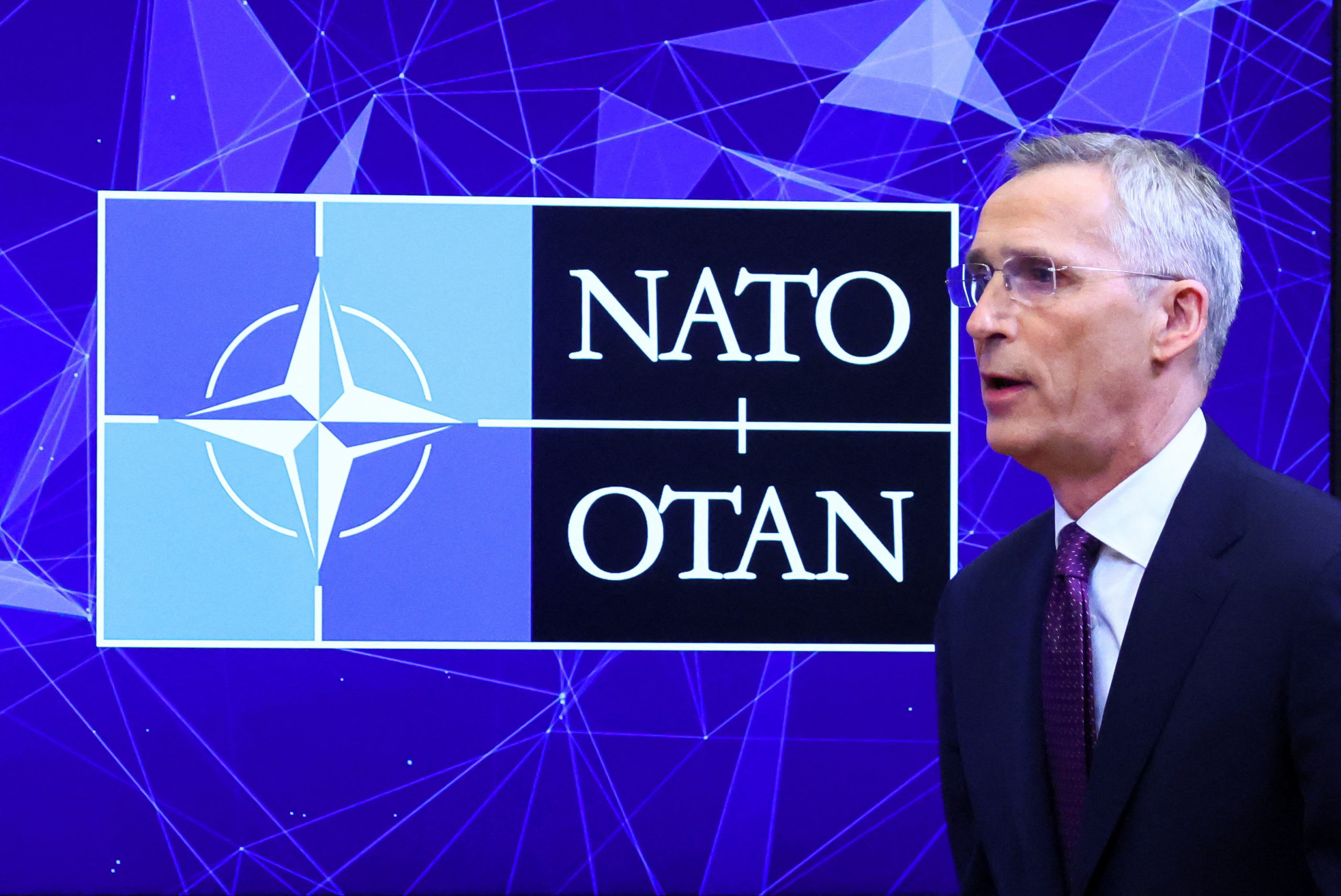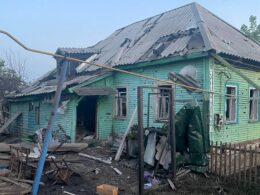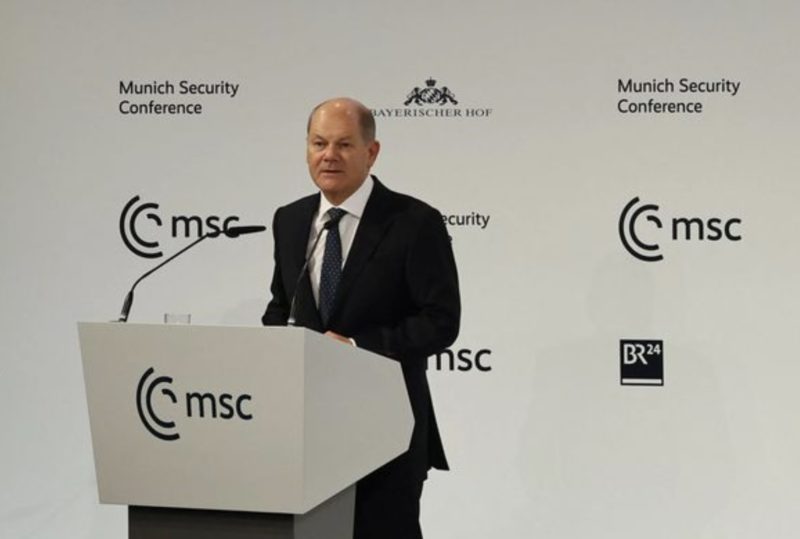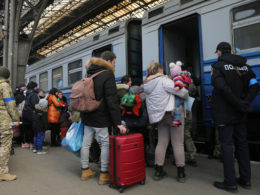A classified German intelligence report indicates Russia's potential military intentions towards NATO in the coming years, starting from 2026, according to Business Insider. The analysis suggests that Russia is preparing for a large-scale conflict with the West, indicated by the reorganization of its army, troop movements, and missile deployments in the western part of the country.
According to information from Business Insider, the "analysis by German intelligence services is currently circulating in the German government. According to this, a significant intensification of Russian arms production is being observed, which could lead to Russia doubling its military power in the next five years compared to today, especially in conventional weapons."
This projection has led to the conclusion that an attack on at least part of NATO territory, such as the Baltic countries or Finland, can "no longer be ruled out" starting in 2026.
The report, which has not yet been made public by German services, has caught the attention of NATO headquarters as well. While there is concern over Russia's growing military capabilities, NATO officials believe that this does not necessarily have to lead to war. The American intelligence assessment cited by Business Insider suggests that it might take Russia five to eight years to restore the military strength it had before the invasion of Ukraine.
Russia's preparations for confrontation with NATO
Recently, various Western officials warned of a Russian military threat to NATO’s eastern flank, saying that Russia won’t stop in Ukraine and urging Europe to bolster defenses.
According to NATO Secretary General Jens Stoltenberg, the Alliance must ready itself for a possible decades-long confrontation with Russia.
In January 2024, Norway's top commander, General Eirik Kristoffersen, warned of being "short on time" before a potential attack from unpredictable Russia, stating there is a one to three-year window to invest more in a secure defense.
The same month, President of Ukraine Volodymyr Zelenskyy noted that he believes that victory over Russia in its war against Ukraine can be achieved once every NATO member country fully commits to ending this war as if it were their own battle.
Maj. Gen. Veiko-Vello Palm, Estonia's land forces commander, said Russia is considered the only existential threat, and many NATO militaries are unprepared to fight it, despite efforts to revitalize Europe's military capacity since 2014, when Russia first invaded Ukraine.
In February, Estonia's Foreign Intelligence Service warned that Russia, preparing for a military confrontation with the West within the next decade, could be deterred by a NATO build-up, with plans to double forces along its border with NATO members Finland, Estonia, Lithuania, and Latvia.
Also in February, Estonia’s Foreign Minister Margus Tsahkna stated that NATO has approximately three to four years to bolster its defenses as Russian President Vladimir Putin intensifies his country’s “war machine.”
The same month, German Defense Minister Pistorius urged Europe and NATO to prepare for "the worst-case scenario," stating that an attack on NATO territory could occur within five to eight years.
Read also:
- Estonia: Russia preparing for military confrontation with West
- BILD: NATO plans the largest exercise since Cold War, involving 90,000 soldiers, to deter Russia
- Borrell: Russian invasion of Ukraine is a threat to Europe
- Russia’s war: an attack on Europe
- Why EU security is under threat without Ukraine in NATO
- Is Moldova the next Ukraine? Nation battles Russian hybrid warfare amid EU bid





